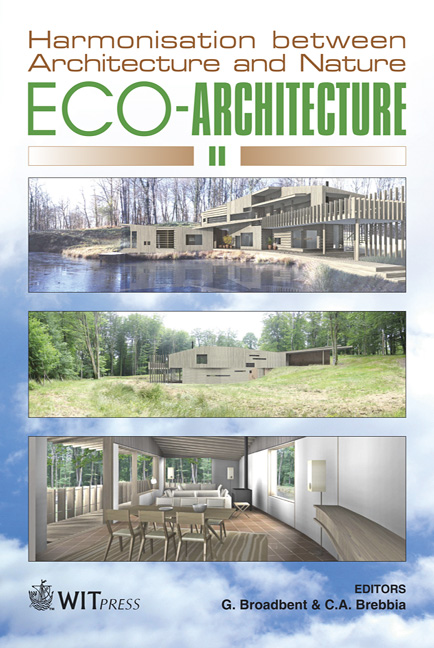The Fortress, A House With A Vision
Price
Free (open access)
Transaction
Volume
113
Pages
10
Page Range
37 - 46
Published
2008
Size
4,304 kb
Paper DOI
10.2495/ARC080041
Copyright
WIT Press
Author(s)
B. D’hoore & P. Quataert
Abstract
In 2004, the Regional Landscape Meetjesland Foundation began to work on a cultural landscape development plan for the hamlet of Strobrugge (with its 100 inhabitants), in collaboration with the different stakeholders. Strobrugge is a green enclave in an urbanised rural landscape and is situated at the fringe of the town of Maldegem (20,000 inhabitants), between two historical canals (the Leopold Canal and the Schipdonk Canal, both dug in the 19th century) and the Lieve, a relic of a medieval canal. One of the keys in the social and cultural revalorisation of the hamlet is the construction of a meeting place (building). The name of the building is ‘The Fortress’. It refers to a fortress built in Strobrugge in the 19th century near the border with the Netherlands. The Fortress aims to be a meeting and knowledge centre in the areas of ecology (focusing on the importance of water). We hope it will help to put architecture on the agenda as one of the key elements in sustainable regional development, as architecture has both a socio-cultural and a socio-economic and environmental role to play. The first drafts were drawn in 2006. They have now been submitted for investigation to the authorities, inhabitants and other stakeholders. The architect’s work is based on a multi- and even interdisciplinary approach: ecology, energy, history, society, landscape, culture, politics, etc. These are all elements that have been taken into account during the process of planning/drawing. Keywords: sustainable regional development, cultural ecology, stakeholders, strategic approach, interdisciplinarity, vision is important, cultural landscape, sense of a place. 1 Introduction We all know that the built environment (architecture) is a part of the landscape (urban or rural) and that it determines to great extent the identity and the quality of a region. Landscape quality is important for the quality of life and for the
Keywords
sustainable regional development, cultural ecology, stakeholders, strategic approach, interdisciplinarity, vision is important, cultural landscape, sense of a place.





